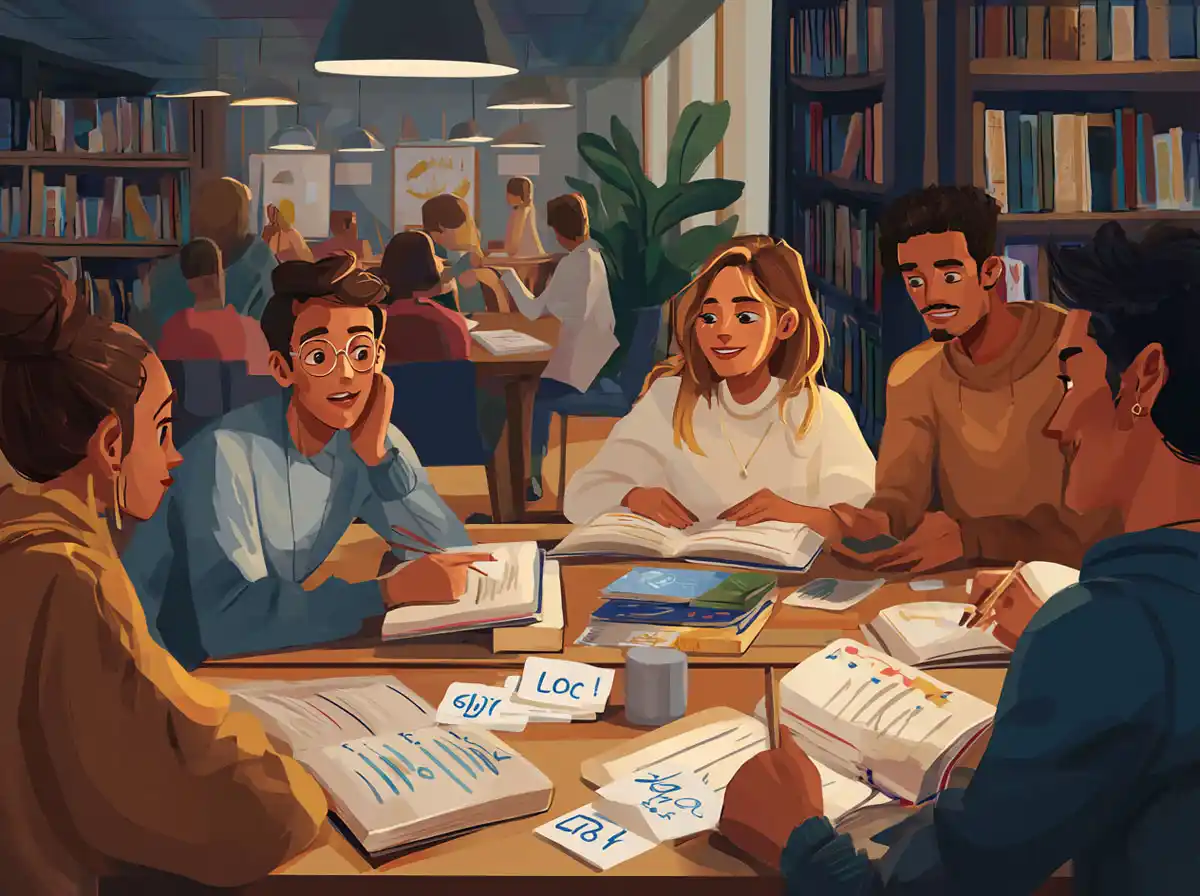Understanding the Slovenian Cultural Context in Language Use
Slovenia’s culture is deeply rooted in respect, politeness, and community values, which are reflected in everyday communication. Knowing how to navigate these cultural elements can make a significant difference in language learning and social interactions.
Politeness and Formality in Slovenian
Slovenian language distinguishes between formal and informal speech, impacting how you address people based on their social status, age, and relationship.
– Formal Address (Vikanje): Using the polite “vi” form is essential when speaking with strangers, elders, or in professional settings. It shows respect and proper etiquette.
– Informal Address (Tikanje): The informal “ti” form is reserved for friends, family members, and close acquaintances.
– Transitioning from formal to informal is a sign of growing familiarity and trust, but it should always be initiated by the older or higher-status person.
Using the wrong form can be perceived as rude or overly familiar, so learners should pay close attention to this aspect.
Greetings and Introductions
Slovenians place importance on polite greetings and brief introductions before engaging in deeper conversations.
– A firm handshake combined with direct eye contact is the standard greeting.
– When meeting someone for the first time, it is polite to say “Dober dan” (Good day) or “Pozdravljeni” (Hello).
– Titles and last names are used in formal situations; for example, “Gospod Novak” (Mr. Novak) or “Gospa Kovač” (Mrs. Kovač).
– Physical contact such as hugging or cheek kissing is generally reserved for close friends and family.
Do’s and Don’ts in Slovenian Language Etiquette
Understanding specific behaviors and language usage can help learners avoid common cultural pitfalls.
Do’s: Best Practices for Speaking Slovenian
- Use Formal Language Appropriately: Always start formal conversations with “vi” and switch only if invited.
- Be Patient and Listen: Slovenians appreciate thoughtful communication. Take your time to understand and respond carefully.
- Learn Common Polite Phrases: Phrases like “Prosim” (Please), “Hvala” (Thank you), and “Oprostite” (Excuse me) are essential.
- Respect Silence: Unlike some cultures that fill silence quickly, Slovenians are comfortable with pauses in conversation.
- Use Proper Titles: Address people by their academic or professional titles when relevant, such as “Doktor” (Doctor) or “Profesor” (Professor).
- Express Gratitude: Always thank hosts or interlocutors when invited to social events or offered help.
Don’ts: Common Mistakes to Avoid
- Don’t Overuse Informal Language: Avoid using “ti” form prematurely as it can offend or make others uncomfortable.
- Don’t Interrupt: Interrupting someone is considered disrespectful and impolite in Slovenian culture.
- Avoid Excessive Flattery: Slovenians value honesty and can be suspicious of overly enthusiastic compliments.
- Don’t Ignore Cultural Norms in Speech: Avoid slang or humor that might not translate well culturally, especially with new acquaintances.
- Don’t Assume Everyone Speaks English: While many Slovenians know English, making an effort to speak Slovenian is appreciated and seen as respectful.
Language-Specific Tips for Slovenian Learners
Beyond general etiquette, mastering Slovenian language-specific features is crucial for effective communication.
The Use of Dialects and Regional Variations
Slovenia, despite its small size, has several dialects that can vary significantly.
– Standard Slovenian is used in education, media, and formal communication.
– Dialects like Prekmurje, Carinthian, and Littoral can differ in vocabulary and pronunciation.
– When in doubt, use standard Slovenian, especially in formal or unfamiliar settings.
– Showing awareness of regional dialects can endear you to locals but avoid attempting dialects unless you are confident.
Understanding Slovenian Humor and Indirectness
Slovenian communication often employs subtle humor and indirect expressions.
– Jokes and irony can be dry and understated.
– Direct confrontation or blunt statements are generally avoided.
– Phrasing requests or criticisms politely and indirectly is preferred.
– Learning idiomatic expressions can greatly improve your cultural fluency and rapport with native speakers.
Non-verbal Communication in Slovenia
Non-verbal cues complement spoken language and convey respect or disagreement.
– Maintain appropriate personal space; Slovenians value their privacy.
– Nodding indicates agreement, but a slight head tilt can express doubt.
– Avoid excessive gesturing, which may be perceived as aggressive or distracting.
– Smiling is common but reserved for genuine feelings rather than superficial politeness.
Using Talkpal to Integrate Cultural Learning into Slovenian Practice
Talkpal offers an interactive environment that goes beyond vocabulary drills by integrating cultural do’s and don’ts into lessons and conversational practice.
– Connect with native Slovenian speakers who can provide real-time feedback on both language and cultural nuances.
– Access cultural notes and etiquette tips embedded in lesson plans.
– Practice formal and informal speech dynamically, helping learners understand when to use each.
– Participate in cultural exchange sessions to experience Slovenian traditions firsthand.
By combining Talkpal’s technology with an understanding of cultural etiquette, learners can accelerate their Slovenian proficiency and social confidence.
Conclusion
Mastering Slovenian involves much more than learning grammar and vocabulary; it requires an appreciation of the cultural context that shapes communication. Understanding the do’s and don’ts of Slovenian language etiquette—from formal address and polite expressions to humor and non-verbal cues—can greatly enhance your language experience. Leveraging tools like Talkpal allows you to practice these cultural nuances in authentic conversations, making your Slovenian learning journey more effective and enjoyable. Embracing both language and culture will not only help you avoid misunderstandings but also deepen your connection with Slovenian speakers and their rich heritage.










